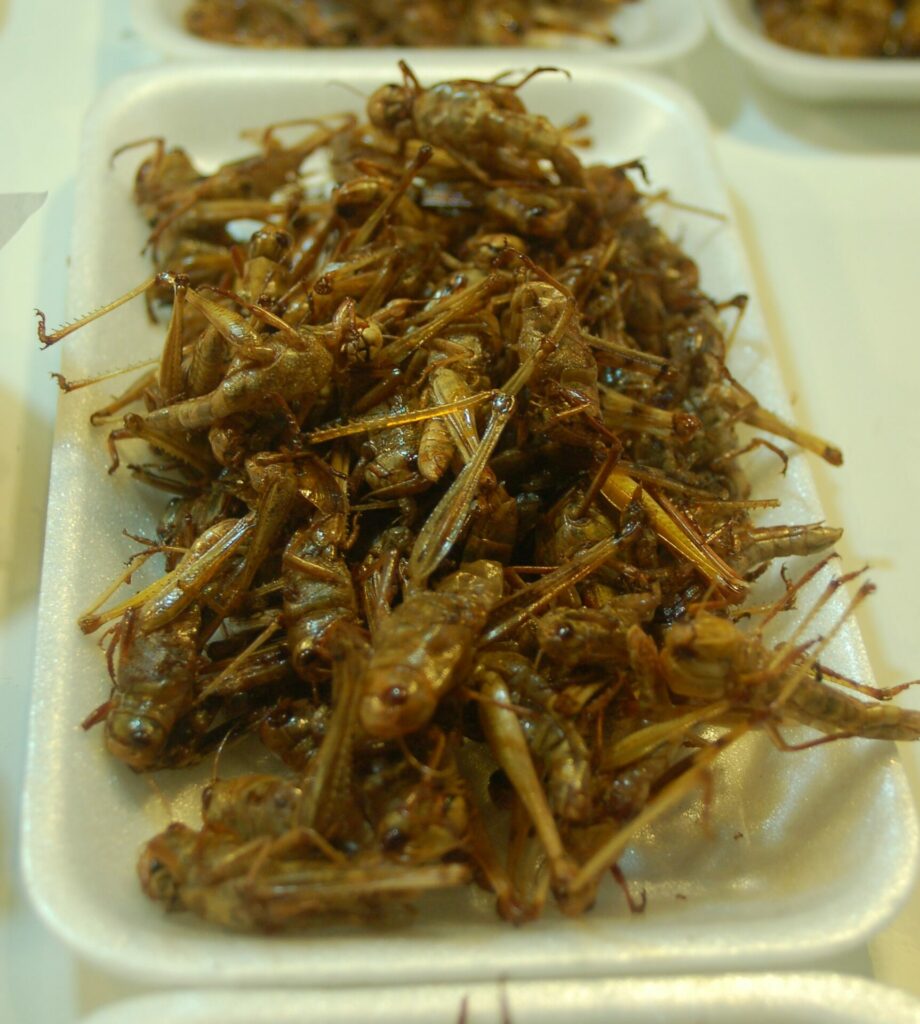Locusts haven’t achieved super-food status yet, but the insects are finding their way onto European plates now that regulators have approved them for human consumption.
In November, the European Commission authorized categorizing frozen, dried, and power forms of Locusta migratoria as novel foods. Previously, the EU only approved mealworms and crickets for human consumption.
Géraldine Goffard, who with her sister produces about 400 kg of pasta from insects each day, says that farming the critters is better for the environment since they require less water and less food than other animals.
Related News
- Ghent students win prize for insect-based pet food
- First insect approved for human consumption in the EU
One kilogram of edible insects uses between 8 and 10 times less water and food than that needed to raise one kilogram of beef, Goffard said.
The idea of adding locusts to food dishes has been around for a long time. The Bible’s Book of Leviticus specifies, “among all the flying insects that walk, you may eat those that have jointed extensions above its legs that hop on the ground.”
The Book of Leviticus lists the red locust, yellow locust, spotted grey locust and white locust as fit for human consumption. A decade ago, when swarms of locusts gripped Israel, chefs started incorporating the insect into dishes, according to a BBC report.

